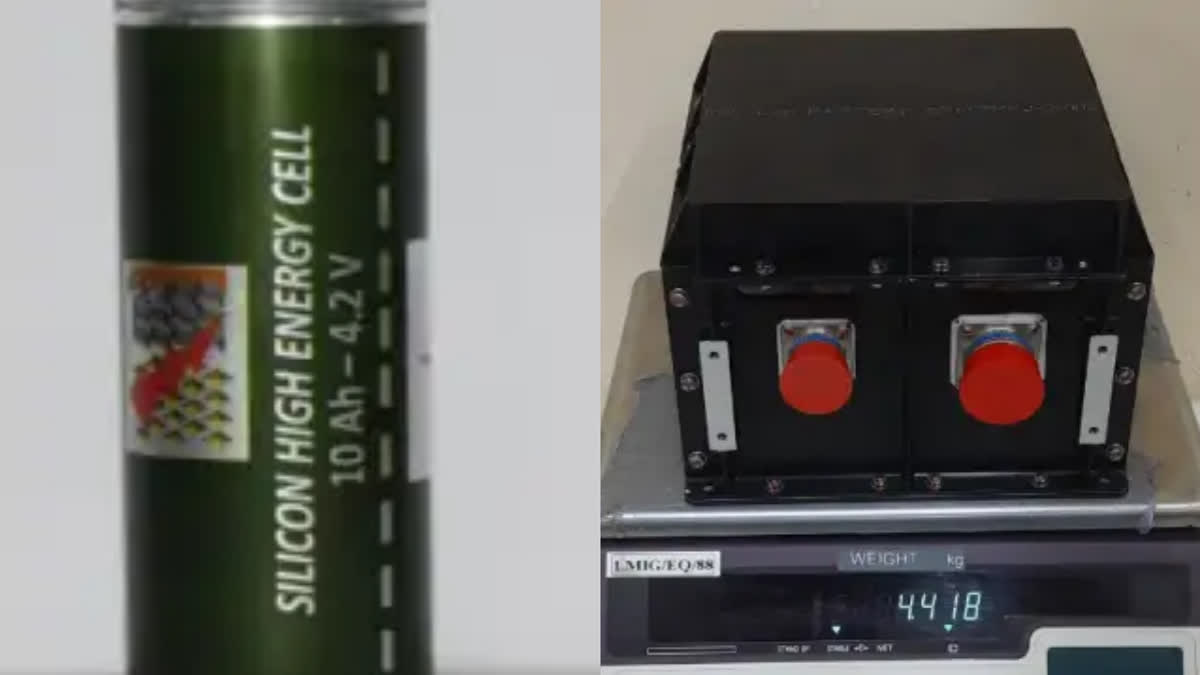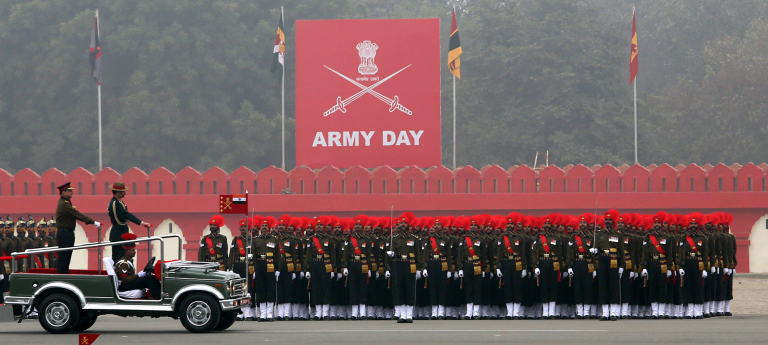ISRO said it has tested a new kind of battery cell which is more efficient, and costs less than the conventional ones used on its missions.
Low-Cost Battery For Future Missions
The national space agency said it has qualified 10 Ah Silicon-Graphite-anode based high energy density Li-ion cells as a low weight and low-cost alternative to conventional ones being used currently. The flight demonstration of the cells as a battery was also successfully completed by powering a resistive load onboard the POEM-3 platform of PSLV-C58, launched on January 1, the space agency said in a statement.
“Based on the confidence gained through this performance, these cells are poised to be used in upcoming operational missions where 35-40% battery mass saving is expected. The system finds application both in space and ground use,” ISRO added.
Compared to conventional Li-ion cells which use pure graphite as anode material, this cell uses Si-Graphite composite as anode material. This helps in accommodating more Lithium ions for a given unit mass of anode material and thus improves the energy density of the cell. In addition to the material change, this cell also employs cost-effective hardware, which is readily available and a crimped sealing-based design, which reduces the hardware cost and fabrication cost significantly.
The energy density of the Silicon High energy Li-ion cells is 190 Wh/kg with an operating voltage of 4.2 to 2.8 V, against Lithium-ion cells (157 Wh/kg). During the flight, the battery system worked for 21 hours in 15 orbits delivering a capacity of 8.9 Ah with final drained voltage of 0.4 V, ISRO said.
About ISRO
The ISRO is the space agency of India, responsible for the planning and execution of space-related activities in the country. ISRO is one of the most prominent and successful space agencies in the world, known for its cost-effective and efficient space missions. ISRO was established on August 15, 1969, with headquarters in Bengaluru, to replace INCOSPAR with a broader mandate to harness space technology.
Key Centres of ISRO











